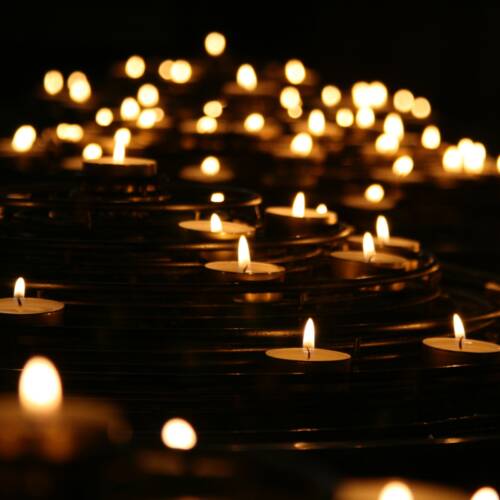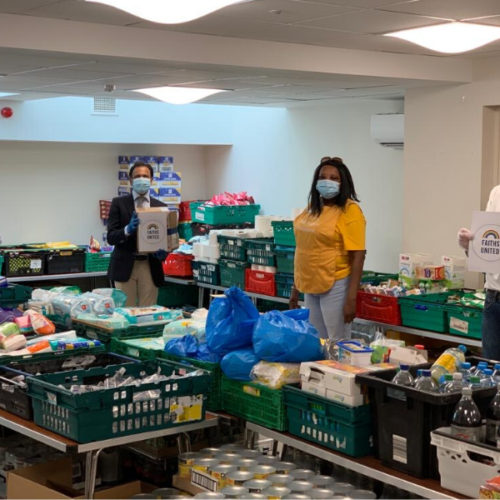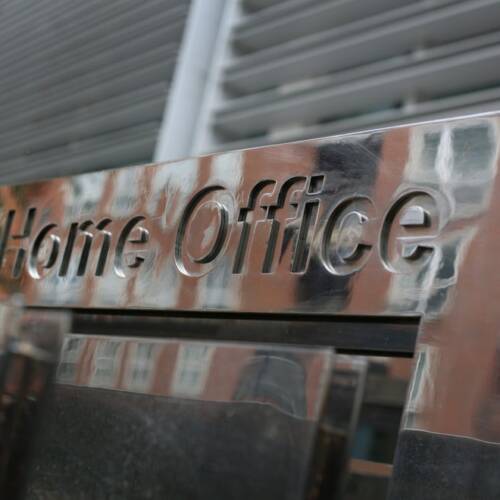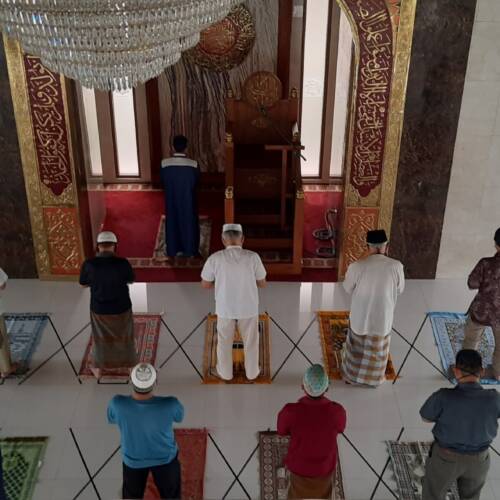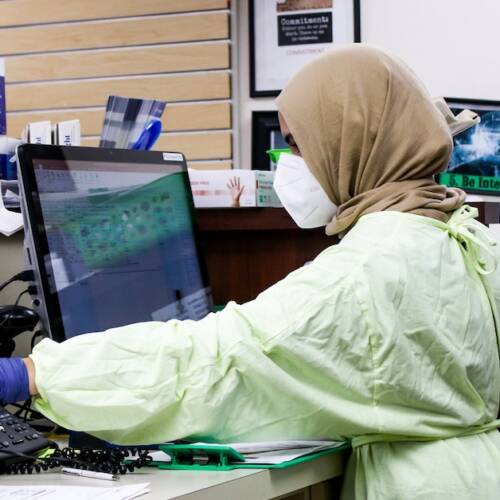
British Muslims More Vulnerable To Coronavirus
24 Mar 2020It has been found by the NHS that British Muslims are at greater risk of catching the coronavirus, and have been hit the hardest in comparison to other religious groups. Since last week, the government has advised people to ‘socially distance’ in order to safeguard against catching the virus. Recently, more stringent measures have been enforced by the government so that people comply with the social distancing recommendations.
A report by the scientific pandemic influenza group on modelling states has stated that, “It was agreed that the addition of both general social distancing and school closures to case isolation, household isolation and social distancing of vulnerable groups would be likely to control the epidemic when kept in place for a long period.”
The government has strongly advised people to avoid using public transport only if it is necessary, to work from home and to not attend large gatherings. Social distancing can help prevent the spread of the virus only if people follow the guidelines by the government and continue to wash their hands properly.
However, social distancing would be difficult for those that live in extended family households. There is a large number of Muslims that live in extended families, with some consisting of three generations all living together. Also, many Muslims tend to share food and utensils with their family members. Some common behaviours amongst Muslim communities is that they offer hugs and handshakes when greeting friends and family.
Living in an extended family means that there are a larger number of potential carriers of the virus who can pass the virus on to an elderly relative. It is also much harder to isolate oneself if one is infected.
Most mosques in the UK have temporarily closed their doors to worshippers as a result of the urgent need to supress the spread of the virus. Places of worship are known to be packed especially at prayer times when Muslims usually pray in congregation. Attendance to Friday prayers is an obligation according to some Muslims but the closeness of worshippers increases the chances of people catching the disease.
The events that took place in Malaysia testified to this. The spread of the coronavirus in Malaysia has been detected to have started at a religious gathering at a mosque, which enabled the virus to spread in the country and to six others.
By closing mosques, Muslims across the UK are playing their part in preventing the further spread of the virus. However, elderly Muslims and those that live in extended families are more vulnerable to the coronavirus as it is more difficult for them to self-isolate and distant themselves completely.






